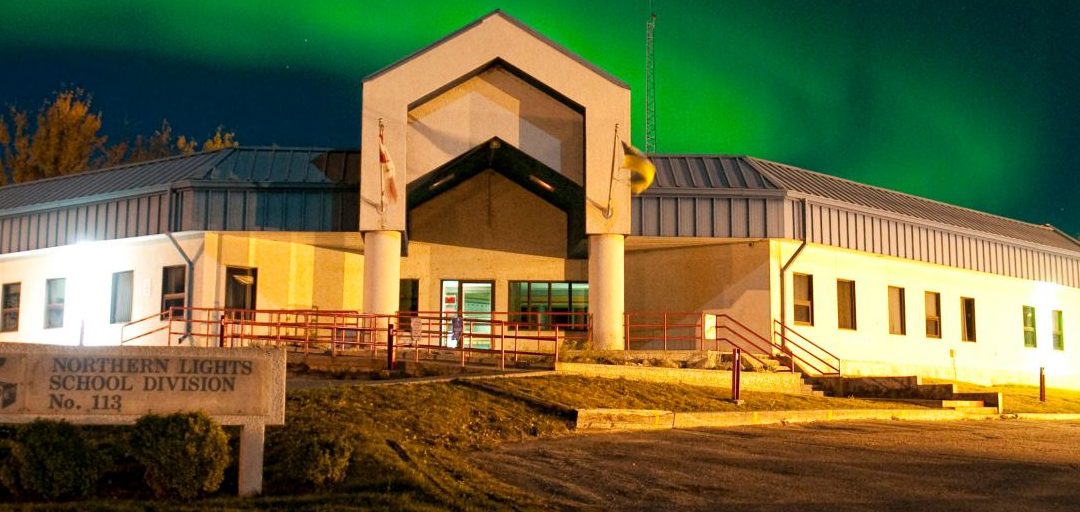'While B.C. is the first, hopefully, the other provinces will soon follow because we need to continue to put back these pages in the books of our collective library sooner rather than later.'

Soon, all Squamish high school grads who cross the stage will be going out into the world having completed Indigenous-focused learning.
On March 4, the provincial government announced that the Ministry of Education was implementing the new graduation requirement in collaboration with the First Nations Education Steering Committee (FNESC).
It is proposed that Grade 10 students will be the first to complete this new requirement, starting in September 2023.
The requirement applies to students in the province at public, independent and offshore schools.
B.C. is the first Canadian province to implement this requirement, which is disappointing.
This isn’t just a spontaneous altruistic decision. Number 62 of the Truth and Reconciliation Commission’s Call to Action includes making age-appropriate curriculum about residential schools, treaties and Aboriginal peoples’ historical and contemporary contributions to Canada a mandatory education requirement for schools.
The history of residential schools, treaties and Indigenous contributions to the country does not just belong to First Nations.
This is our collective history, our collective culture.
Previously, our education system was like a book with pages missing.
This created a deficit in our collective understanding that was evident in the reaction of many adults to an archaeologist’s discovery of bodies on the grounds of Kamloops Indian Residential School site in Tk’emlúps te Secwépemc last May.
Elders and knowledge keepers have talked of the atrocities and deaths at these institutions for years, but this knowledge didn’t reach the masses, thus the disbelief and shock of so many.
Of course, over the last few years, First Nations learning has been integrated into what our kids learn at school.
Students can meet the new grad requirement by taking new or existing courses.
“Building awareness and understanding of First Peoples’ perspectives, cultures and histories among all B.C. students will serve as an important step toward reconciliation and an effective strategy to combat racism within the province to the benefit of all British Columbians,” said Tyrone McNeil, president, FNESC in a news release.
There are still many questions from teachers and parents about this requirement, but those will be undoubtedly be ironed out.
While B.C. is the first, hopefully, the other provinces will soon follow because we need to continue to put back these pages in the books of our collective library sooner rather than later.
The Northern Lights School Division will be using a provincial grant geared towards truth and reconciliation education for language preservation.
Alexis McLeod, the school division’s First Nations and Métis education consultant, said she collaborated with her colleague to decide on a worthwhile way to use the funding.
“So I asked her what was done before and what needed to be done,” she said. “So we are going to make a video promoting the Indigenous languages within Northern Lights School Division.”
McLeod said the video will showcase Cree, Michif and Dene and the students will get to be a part of it.
“By doing this project, it will help (students) with their identity and promote a positive identity within their cultures and languages.”
The province made an announcement last week that division’s could receive up to $5,000 for truth and reconciliation education. McLeod explained the video is in response to call #13 in the Truth and Reconciliation Commission of Canada’s Calls to Action.
(PHOTO: The Northern Lights School Division in La Ronge. Photo by Kandis Riese. File photo.)







No comments:
Post a Comment
Please leave a comment.